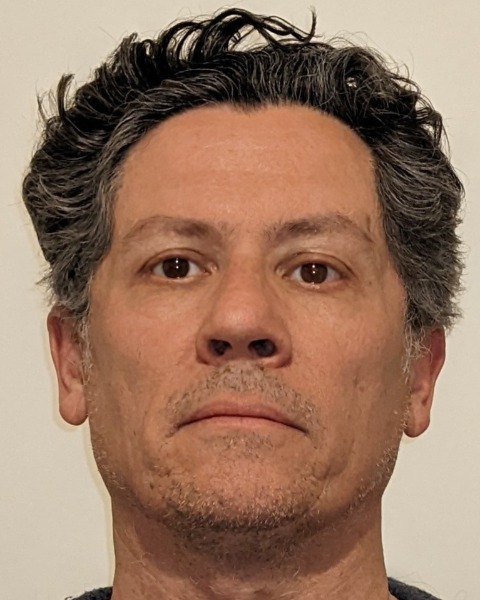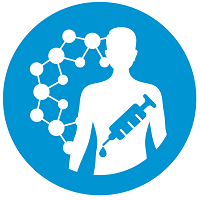Preclinical, Clinical and Translational Sciences
Derisking Drug Development - Leveraging the Power of Key CMC activities and PBPK Modeling Approaches in Early Development Programs
.png)
-
DS
-

David Turner, Ph.D.
Senior Scientific Advisor, Modelling and Simulation
Certara UK Ltd.
Sheffield, England, United Kingdom
Chalk Talk Presenter(s)
Description: Drug development is complex, and high rates of attrition stem from a variety of factors. Chemistry, Manufacturing, and Controls (CMC) issues account for a significant attrition of the molecules during clinical development. Hence it is paramount that proper attention is given at an early stage to the physicochemical properties to identify robust candidate molecules and formulations which could reduce the probability of attrition and enhance the strength of the pipeline. These early characterization studies are aimed at identifying a molecule and formulation(s) which are stable, bioavailable, and manufacturable. Basic solid state and solution state characterization studies can help identify the key challenges earlier on with respect to solid state form, lipophilicity, solubility, stability etc. In parallel, biopharmaceutics evaluation can shed light on the BCS (Biopharmaceutics Classification System)/DCS (Developability Classification System) class and the rate limiting properties for oral absorption. Recently, there has been advances in development of PBPK models in the early discovery space which offers capabilities to further strengthen work in early formulation screening. You can perform sensitivity analysis to determine what is needed to improve the formulation, such as increasing solubility using a spray-dried dispersion formulation or reducing particle size via micronisation. This talk will focus on combining the experimental developability evaluation and PBPK modeling for a tailored approach to identifying suitable formulations which are able to maximize the oral exposures in a dose linear manner, are innocuous/tolerable, and have suitable processability/stability to support both toxicology studies and eventual identification of a clinical dosage form.
Learning Objectives:
- Early Identification of Robust Candidate Molecules and Formulations
- Integration of Biopharmaceutics Evaluation and PBPK Modeling
- Tailored Formulation Optimization Approaches


